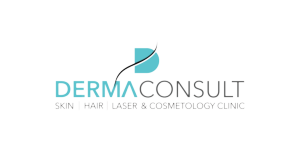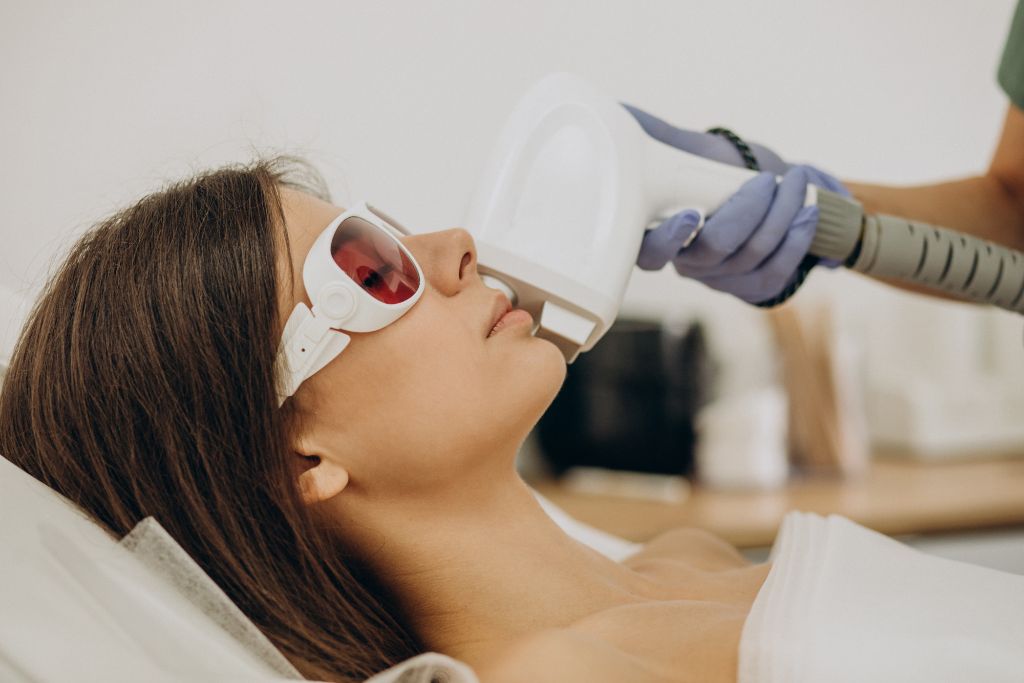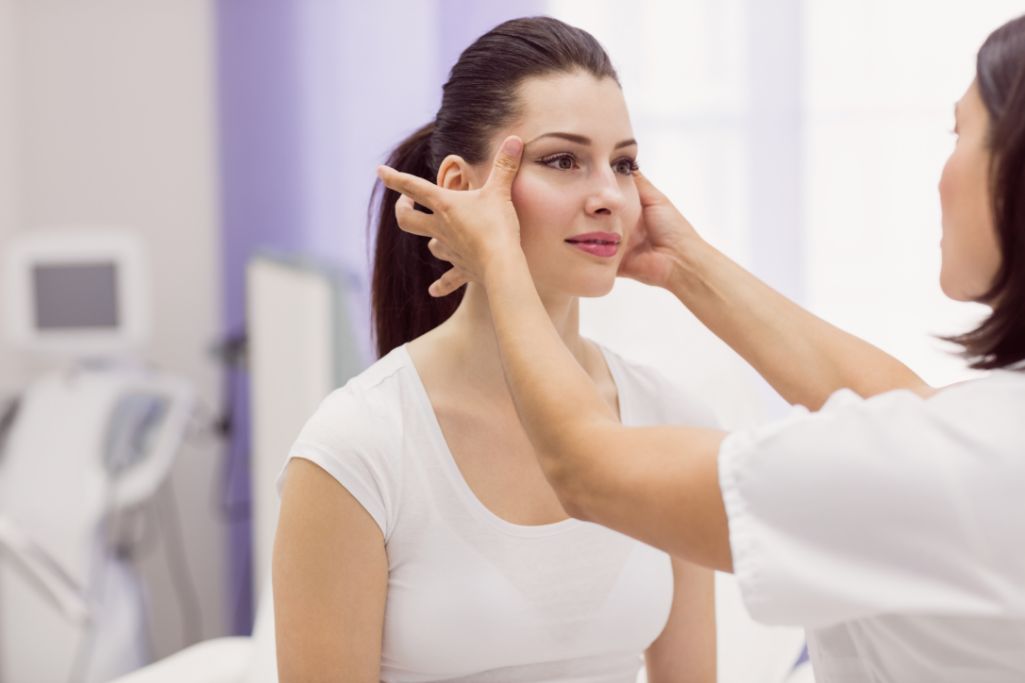What is Acne?
Acne is a common skin condition characterized by the development of whiteheads, blackheads, and pimples. It is an inflammatory response that arises from clogged skin pores. Although it might be excruciating, acne usually doesn’t represent a major health risk. Dermaconsult Clinic, the best Derma Consultant in Aurangabad is here to help you.
Who Is Affected by Acne?
A common skin condition that affects people of all ages and backgrounds is acne. Acne typically starts in adolescence because of hormonal changes, although it can last into maturity. The age range of 12 to 24 is usually the most susceptible to acne. However, adult-onset acne is not unusual, and it can still bother you if you’re older than your mid-20s.
How Frequent Is Acne?
Acne is very prevalent. A sizeable section of the populace is impacted. Over 85% of people will at some point in their life have acne. It is a common skin problem as a result.
Acne Symptoms
The intensity of acne symptoms can vary. Typical signs of acne include:
- Whiteheads: Tiny, white pimples on the surface of your skin that are caused by closed, clogged pores.
- Blackheads: Pimpled, open pores that appear dark because of trapped dirt oxidizing.
- Papules: Tiny red pimples that could feel sensitive to the touch.
- Pustules: Pus-filled pimples that frequently have a yellow or white center.
- Nodules: Big, uncomfortable bumps under your skin’s surface.
- Cysts: Cysts that are deep, painful, and may leave scars.
Why Do We Get Acne?
Depending on the type and intensity of the acne, many causes can exist. Typical causes of acne include:
- Overproduction of Sebum: Hormonal fluctuations can cause an increase in sebum production, or skin oil, which can block hair follicles and cause acne.
- Clogged Hair Follicles: Sebum combined with accumulated dead skin cells and debris forms a plug that clogs hair follicles and causes acne.
- Bacterial Overgrowth: In clogged follicles, the naturally occurring bacteria on your skin, Propionibacterium acnes, can thrive and cause irritation and acne.
- Hormonal Fluctuations: Sebum production can be stimulated by hormonal changes, which are prevalent throughout puberty, pregnancy, and menstrual cycles. This can lead to acne.
- Genetics: Acne can also have a strong familial component. If you have a genetic tendency, you can be more prone to acne.
- Dietary Factors: Research on dietary factors is ongoing however some studies point to a connection between dairy consumption and acne and high-glycemic diets.
Who Treats Acne?
Dermatologists are medical specialists with a focus on the identification and management of acne. By recommending skincare regimens and writing prescriptions for acne drugs, and by other methods they offer individualized care.
How Much Time Does Acne Take to Go Away?
The length of time it takes for acne to go away varies greatly depending on factors such as severity, treatments selected, and personal response.
Moderate acne may take several months to clear up, whereas mild cases may improve in 1-2 weeks.
How Can Acne Be Prevented?
To avoid acne, you ought to:
- Keep up a healthy skincare regimen using non-comedogenic products.
- Use oil-free moisturizers, wash your face twice a day, and refrain from overscrubbing.
- To reduce the spread of bacteria, avoid touching your face with your hands.
- To prevent acne, go for a well-balanced diet that includes whole grains, fruits, vegetables, lean meats, and low-fat dairy products.
- Use relaxation strategies to control your stress.
- Enough sleep and regular exercise are important for healthy skin overall.
Conclusion
Acne is a complex condition that requires a multimodal approach that includes skincare, medication, and mental health. The road to smoother skin requires perseverance and consistency, from identifying various types of acne and its causes to investigating efficient treatments. Contact Dermaconsult Clinic, one of the best Cosmetology Clinic in Aurangabad to know more about it
Learn more about. The Best Hair Care Routine For Your Hair Type In 6 Simple Steps


